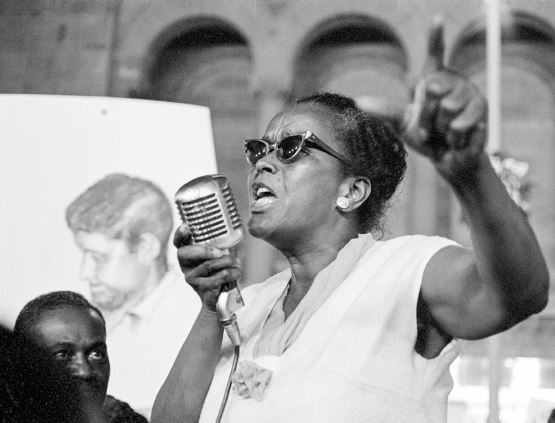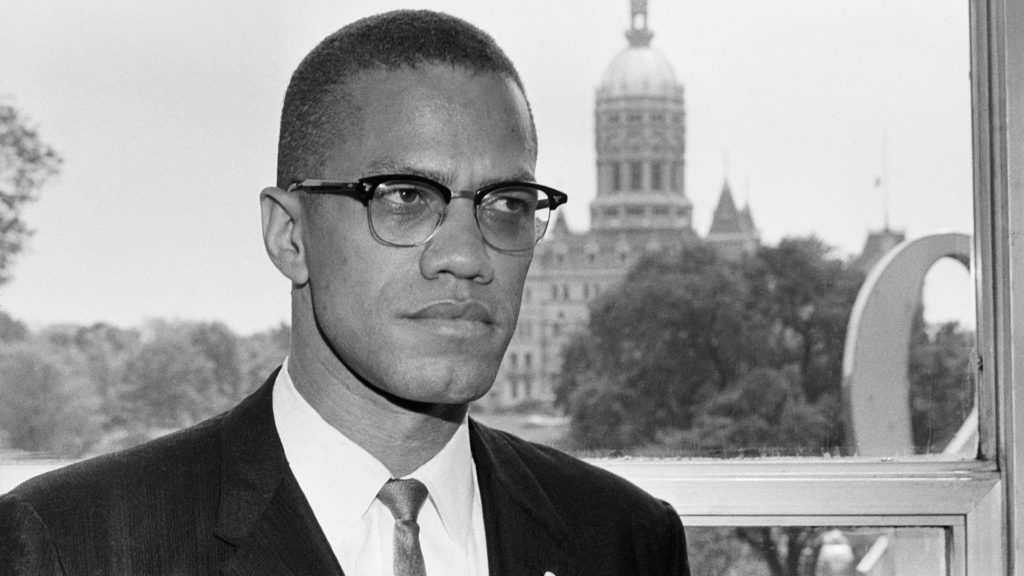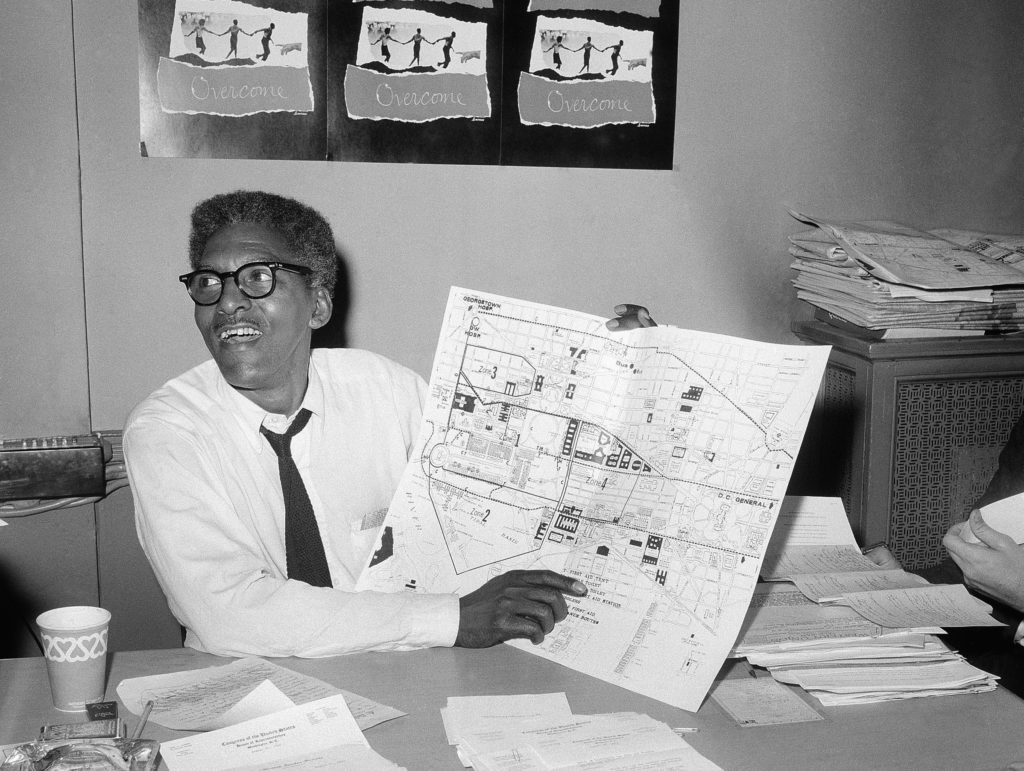When LGBTQ Rights and African American Civil Rights Intersect
Intersectionality is a concept that holds immense importance in understanding the struggles and achievements of marginalized communities. It recognizes that social categorizations, such as race, gender, and sexual orientation, intersect and overlap, shaping individuals’ experiences of discrimination and privilege. Exploring the connection between LGBTQ and African American civil rights movements unveils valuable insights into their shared struggles and remarkable achievements.
Defining Intersectionality
Both the LGBTQ and African American civil rights movements have fought legal battles to secure equal rights and protections. The struggle for civil rights encompasses diverse issues such as marriage equality, voting rights, employment protections, and criminal justice reform. These common interests are examples of “intersectionality”. These interests are shared between Black Americans and the LGBTQ community, and present even more difficulties for people who are members of both communities.
The fight for equal rights for African Americans and the LGBTQ community and the larger American culture have never been easy. Both groups have had to take their fights to the utmost levels in order to receive basic rights. The landmark Supreme Court ruling in Obergefell v. Hodges in 2015, which legalized same-sex marriage nationwide, was a significant victory for the LGBTQ rights movement. Similarly, court decisions such as Brown v. Board of Education and Loving v. Virginia have been pivotal in attempts to advance the idea of racial equality.
However, challenges persist as laws and policies continue to be contested. The fight for comprehensive anti-discrimination laws that protect LGBTQ individuals from discrimination based on sexual orientation and gender identity remains ongoing. Similarly, the African American community continues to advocate for equitable criminal justice reforms and voting rights protections which are still needed. The past few years have proven that progress does not stand still. There are still groups who are working on rolling back the rights and protections that have been hard earned over the years. The “Don’t Say Gay” and ‘ Anti-CRT’ bills that proliferate in Florida, and other states show that the battles for equality are ongoing and uniting as minority classes can be beneficial to the fight for progress.
Fighting for Equal Rights
The LGBTQ rights movement has seen significant milestones in its quest for equality. From the historic Stonewall uprising in 1969, which ignited a wave of activism and pride, to the long-fought battles for marriage equality and non-discrimination protections, LGBTQ individuals have fought tirelessly for their rights. The movement has been marked by the courage and resilience of activists who have challenged societal norms and demanded recognition of their humanity.
Simultaneously, the African American civil rights movement has a rich and complex history of seeking justice and equality. Key events, such as the Montgomery Bus Boycott led by Rosa Parks, the iconic March on Washington, and the passage of the Civil Rights Act of 1964, have shaped the course of African American liberation. The movement’s leaders, including Martin Luther King Jr., Malcolm X, and Ella Baker, dedicated their lives to dismantling systemic racism and securing fundamental rights for African Americans.


It is through the recognition of our shared struggles and the celebration of our collective achievements that we can pave the way for equality and justice. By embracing intersectionality and acknowledging the unique challenges faced by LGBTQ individuals within the African American community and vice versa, we foster an environment of inclusivity, empathy, and progress. Together, we can work towards a society that values and uplifts the rights and dignity of all individuals, regardless of their race, gender, or sexual orientation.
Icons of Intersectionality
In the fight for equality, LGBTQ African Americans have made significant contributions to both movements. Their experiences and perspectives have enriched the conversations around civil rights, highlighting the importance of intersectional activism. By challenging societal norms and speaking out against injustices, LGBTQ African Americans have been instrumental in pushing for progress and raising awareness about the importance of embracing all aspects of identity in the pursuit of equality.
The intersection of the LGBTQ and African American civil rights movements is also marked by the presence of influential figures who played pivotal roles in advancing equality and justice. Bayard Rustin for instance, a prominent civil rights activist who worked closely with Martin Luther King Jr. Rustin was an openly gay man whose expertise in organizing nonviolent protests starting as early as 1947 and his role in organizing the historic March on Washington in 1963 made him a significant contributor to both movements.

Ernestine Eckstein was another influential figure who made significant contributions to political movements for both the LGBT and African American communities. As an openly lesbian African American activist, Eckstein played a crucial role in advocating for the rights and visibility of marginalized individuals. She was actively involved in the civil rights movement, fighting against racial discrimination and inequality. Eckstein was also a key figure in the early LGBT rights movement, co-founding the New York chapter of the Daughters of Bilitis, one of the first lesbian rights organizations in the United States. She dedicated her life to challenging social norms, organizing protests, and raising awareness about the intersecting struggles faced by African American LGBTQ individuals. Eckstein’s commitment to activism and her advocacy for both communities served as an inspiration and paved the way for future generations in the ongoing fight for equality and social justice and was one of the early pioneers of intersectionality.
Miss Major Griffin-Gracy, Marsha P. Johnson, and Stormé DeLarverie were all members of the NY queer community who were major figures in the Stonewall Riots in 1969. This event was a response to the criminalization of Gay and Lesbian behavior and the abuse of power by the police, something which the black community shared in common with the queer community. The riots are considered to be one of the earliest catalysts for openly Gay individuals to organize and begin their own fight for civil rights.
These are just some of the members of both communities who have stood up in the fight for equality. You can find more members all over the leadership and groups that are organizing from Oakland dealing with gentrification and housing insecurity, to Washington D.C. where they advocate and lobby for federal intervention.

LGBTQ African Americans have faced unique challenges in their pursuit of civil rights. The intersection of race and sexual orientation has subjected them to double discrimination, as they often confront racism within the LGBTQ community and face homophobia or transphobia within the African American community. These challenges have necessitated the need for inclusive advocacy that addresses the specific needs and experiences of LGBTQ African Americans.
Through intersectional activism, LGBTQ African Americans have worked to dismantle systems of oppression and challenge discriminatory policies and practices. They have formed coalitions and organizations that address the unique needs of LGBTQ individuals within the African American community, advocating for non-discrimination laws, healthcare access, and safe spaces, while also being on the front line for the basic rights of being Black in America. As Billy Porter Says, “As Black people, we risk our lives every time we leave our homes. As queer people of color that risk is doubled,”.
The intersectionality of the LGBTQ and African American civil rights movements highlights shared goals and aspirations. Both movements seek to challenge systemic oppression, dismantle discriminatory structures, and secure fundamental rights for all individuals. By acknowledging these common threads of resilience, perseverance, and determination, we can build bridges of solidarity and understanding. Recognizing that the fight for equality is not limited to one particular identity or community allows us to work together toward a more inclusive society. By forging alliances and fostering dialogue, we develop comprehensive strategies to address the unique challenges faced by LGBTQ African Americans. These coalitions engage in grassroots organizing, community outreach, and educational initiatives to raise awareness and create positive change. By working together, we can amplify our impact and build a broader movement for social justice and equality.

